Achilles Tendon
What is the Achilles tendon?
The Achilles tendon is the largest tendon in your body, attaching your heel to your calf muscles. It plays an important role in helping you move your feet. The Achilles tendon allows you to move forward and backward, point your feet, and stand on your toes.
What Are Common Injuries?
Your Achilles tendon can develop acute and chronic conditions over the years. Some patients have structural problems that can lead to Achilles tendon injuries, such as short tendons or muscles, or flat feet that stress the tendon.
Acute
In an acute Achilles tendon injury, you can tear or rupture your tendon with sudden twisting or pivoting movements that are common in sports. However, you don’t have to be an athlete to injure your Achilles tendon. Injuries can also occur if you take a bad step or fall.
Chronic
There are many things that can wear down your Achilles tendon over time, leaving it susceptible to tearing and injury. Chronic issues can arise from repetitive stresses that lead to tendinitis, or from wearing high heels.
What are symptoms of an Achilles Tendon injury?
If you sustain an acute injury, you may hear a snapping or popping noise from a rupture, which can be either a partial or complete tear of the tendon. The most common symptoms that signal a problem with your Achilles tendon include:
- Pain in your foot and heel, which can range from mild to severe
- Swelling
- Stiffness
- Loss of range of motion
What does treatment look like?
Your treatment plan depends on the severity of your injury. If there’s mild tearing, your doctor may recommend rest, anti-inflammatory medications, and a corrective device if needed. For moderate ruptures, your doctor may recommend wearing a boot or undergoing surgery to repair your tendon. Contact us for more information about treating Achilles tendon injuries!
Frequently Asked Questions
We want you to have the knowledge you need to make informed decisions for your health. Learn more about our orthopedic healthcare services by reading through our Frequently Asked Questions.
Surgery depends on the severity of injury. Consult with one of our specialists to determine if it’s a route you should take. Your doctor will evaluate your entire injury through comprehensive testing before deciding if surgery is right for you.
Talk with your doctor to schedule a date that works best for you. Schedule flexibility depends on your availability, the severity of your injury and surgeon schedules.
We recommend taking it easy during your recovery time. Your doctor will provide you with a thorough post-operative care plan to ensure a speedy recovery.
Your recovery depends on where your injury is located. Consult with your doctor before starting. Our practitioners will let you know which times are best for your recovery.
Our goal is for you to return to your normal activities without pain or discomfort! Consult with your doctor about your recovery timeline and how soon you can return to work or sports.
Most insurance providers require a referral from your doctor before covering your care. We recommend scheduling an appointment your doctor before scheduling an appointment with us.
We accept several insurance programs from:
- Aetna
- Blue Cross Blue Shield
- Cigna
- FirstCare (Part of Baylor Scott & White Health)
- GEHA
- HealthNet
- HealthSmart
- Humana
- Medicare
- MetLife
- PHCS
- TeamChoice
- Most Worker’s Compensation plans
Consult with our office to ensure your coverage.

Providing top-quality orthopedic care across the Lubbock area.

Providing top-quality orthopedic care across the Lubbock area.
301 Utica Ave, Lubbock, TX 79416
Built By Tadpole